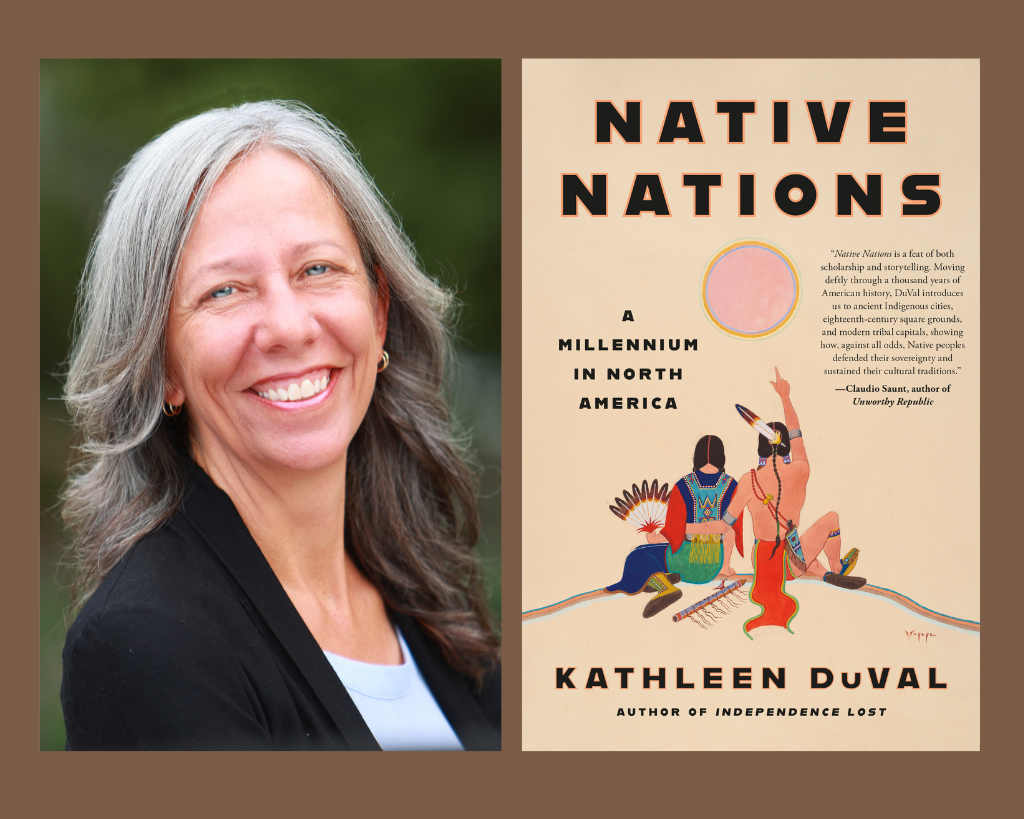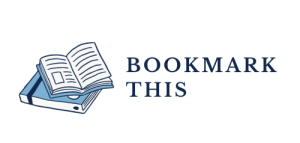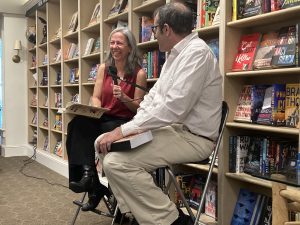
 Bookmark This is a feature that highlights new books by College of Arts and Sciences faculty and alumni, published each month. The May featured book is Native Nations: A Millennium in North America (Penguin Random House) by Kathleen DuVal.
Bookmark This is a feature that highlights new books by College of Arts and Sciences faculty and alumni, published each month. The May featured book is Native Nations: A Millennium in North America (Penguin Random House) by Kathleen DuVal.
Q: Can you give us a brief synopsis of your book?
A: Native American nations existed in North America long before the coming of Europeans, and they still are here today. My book tells a millennium of this history, from around the year 1000, when North American cities rivaled urban centers around the world in size. Then, following a period of climate change and instability, numerous smaller nations emerged. Egalitarian government structures, diplomacy and complex economies spread across North America. So, when Europeans showed up in the 16th century, they encountered societies they did not understand — those having developed differently from their own — and whose power they often underestimated. For centuries afterward, Indigenous people maintained an upper hand and used Europeans in pursuit of their own interests. Power dynamics shifted dramatically after the American Revolution, but the sovereignty and influence of Native peoples remained a constant — and will continue far into the future.

Q: How does this fit in with your research interests and passions?
A: My previous work was on early American history, including interactions among Native Americans, Europeans and Africans in North America. I have always been fascinated by how different kinds of people made sense of one another. Since coming to UNC over 20 years ago, I have learned from colleagues across many disciplines working in American Indian and Indigenous Studies as well as from tribal historians across the continent. They have inspired in me a desire to connect the history that I know to what Native nations are doing in the present, including a renaissance in art, culture and scholarship.
Q: What was the original idea that made you think: “There’s a book here?”
A: At UNC, I teach a class called “Native North America,” which starts more than a millennium ago and goes to today. It has always been important to me that students learn both that Native nations long controlled most of North America and that they are still around today. In this book, I decided to take that same message to readers and show this long and amazing history.
Q: What surprised you when researching/writing this book?
A: One of the things that surprised me is how much oral history tells about the fall of cities many centuries ago and the purposeful construction of more egalitarian political, economic and social systems designed to encourage living more sustainably.
Q: Where’s your go-to writing spot, and how do you deal with writer’s block?
A: When I’m having trouble writing, I’ll usually print out some sources and take them with me to a café somewhere in Chapel Hill or Durham to work things out with pen and paper.
DuVal is a professor of history, where she teaches early American and American Indian history. Her previous work includes Independence Lost: Lives on the Edge of the American Revolution, which was a finalist for the George Washington Prize.
The Wall Street Journal calls Native Nations “an essential American history … DuVal fuses a millennium of Native American history into a thought-provoking, persuasive whole.” Kirkus Reviews’ starred review calls it “a revelatory account of the power and influence of Indigenous peoples in North America.” Publisher’s Weekly also gave it a starred review, and The Atlantic recently published an excerpt from the book.
Nominate a book we should feature by emailing college-news@unc.edu. Looking for more faculty and alumni books to add to your reading list? Check out our spring ’24 College magazine books list.
